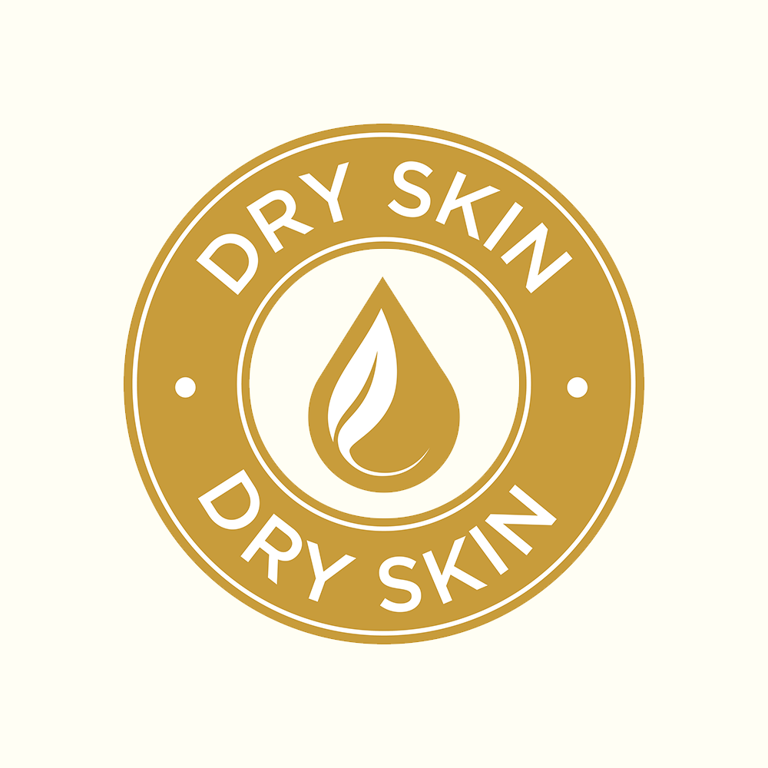Samples Available
People who purchased, also bought from these pages:
WORKS BEST WITH...

The benefit of facial oils compared with creams
The surface of your skin is mostly made up of dead cells, so whilst covering them with a protective natural wax (which, is what a moisturiser does very well) the molecules of the cream can't get deep enough into the skin to have any effect on new cells developing.
This is where oils come in, as oil molecules are smaller and penetrate to deeper levels of the skin, where the new cells, elastins and fibers are being formed. It’s at this level you need to be thinking about protection from pollution and free radical damage - it’s these new cells that need protecting with the active benefits in natural oils to help prevent premature ageing from occurring.
So we recommend applying one of our oils first as a ‘treatment’ and protection for your cells and then a cream over the top to lock in the goodness and protect the skin barrier, which also makes an ideal primer base for make up.
Are These Anti Ageing Ingredients Safe?
Hyaluronic Acid
No is the short answer.
If you’re not using in a humid environment it can draw water/hydration out of your skin leaving it dryer and tighter than before.
It can also be irritating as many products use a low molecular weight of HA to help it get into the skin, however, this low molecular weight has been shown in studies to be inflammatory for some skins, leading to redness, soreness and irritation.
The production process which HA goes through to get to this molecular weight transforms it into a totally different substance to that which is found naturally in the body.
Vitamin C
We love vitamin C in skincare as part of a natural organically derived formulation. It can brighten the skin and is an antioxidant that protects the skin.
However, most of the products on the market use synthetic, unnatural potencies which can cause oxidisation for the skin. This is the opposite of what you are told.
Synthetic vitamin C can react very easily with other molecules, including oxygen. When this happens, it can lead to acne, collagen loss, elastin loss, inflammation and irritation
Retinols
No. They are not. Please don’t use them.
They damage the skin, the skin barrier and can alter your molecular biology all for a short term gain but with long term dangers.
Many of the studies showing the benefits of retinol are flawed.
Silicones
The use of silicones in skincare baffles us. The only benefit it brings to any product is ‘slip’ - the way the product feels; as, it gives a velvety texture which then is transferred to the skin, so the skin can look smoother but there’s no actual skin benefit. Just another example of products being developed by marketing departments.
In short, we don’t like them because they have zero therapeutic benefits to the skin.
